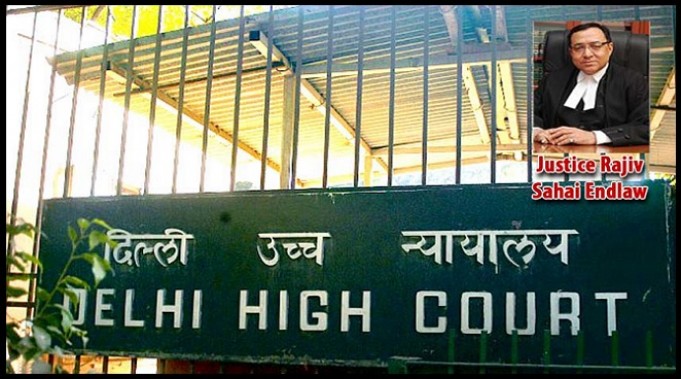Reporting on FIRs is immune to defamatory lawsuits
In a judgment delivered in March, Justice Endlaw of the Delhi High Court threw out a lawsuit filed by a skill training agency against a regional Bengali newspaper. The newspaper, Dainik Samayik Prasanga owned by Selima Publications Pvt. Ltd. had published a news report about a First Information Report (FIR) filed against Primero Skill & Training Pvt. Ltd--which is an approved training partner for the “Pradhan Mantri Kaushal Vikas Yojana”--by a lady who had been trained by the agency.
The facts are complicated but it appears that some money owed to the lady was wrongfully deducted from her account and transferred to the training agency. She file a criminal complaint before the Magistrate’s court which then directed the police station to file a FIR. The news report was based on the facts stated in the FIR.
Despite the paper, Dainik Samayik Prasanga, being published in Assam, the employment agency sought to sue the newspaper and others before the Delhi High Court on the grounds that the newspaper was also published on the internet and could be accessed by people of Delhi where the plaintiff had its main office and where it would suffer a loss to its reputation.
Normally when a new lawsuit is filed before a court, the judge has considerable power on whether to admit the lawsuit or dismiss it even before issuing notice to the opposite party. It is a power that is rarely invoked by the Delhi High Court, except in this case Justice Endlaw did raise the issue of jurisdiction at the stage of registering the lawsuit. Since the defendants were based in Assam, the article was published in Bengali and the principle circulation of the newspaper was in Bengal, Justice Endlaw questioned whether his court had the jurisdiction to hear the lawsuit.
The sticky issue of course was the website of the newspaper which was still accessible in Delhi. Normally under the Code of Civil Procedure, a court has the jurisdiction when the defendant resides within its jurisdiction or when the cause of action arises within its territorial jurisdiction. In the case of defamation, the cause of action arises wherever the words are published – in the case of the internet, it means that every court in the country could have jurisdiction over the case.
There is however a Delhi High Court judgment limiting its jurisdiction to only those websites that are interactive facilitating transactions with people living within the jurisdiction of the court – that judgment however was in the context of intellectual property infringements and it is doubtful whether it can be enforced in the context of defamation cases. However notwithstanding the jurisdictional principles laid down in the Code of Civil Procedure, courts can still invoke the principle of forum non conveniens to dismiss a case on the grounds that it would be more convenient for another court to hear the case because most of the parties and the evidence is more easily accessible to that court.
Although Justice Endlaw touches on these principles he avoids dismissing the lawsuit on the grounds of jurisdiction, rather he falls back on more interesting grounds to dismiss the lawsuit i.e. the privilege extended to contents of a complaints and FIRs filed with the police. Tracing a number of judgments on how FIRs are public documents and how the Supreme Court itself had directed FIRs to be made available on the internet, Justice Endlaw builds towards the argument that a newspaper cannot be held liable for defamation for reporting on documents made public by the state.
The judge then cites a number of judgments where Indian courts have held as privileged statements made in relation to the courts and therefore immune to charges of defamation. These include statements made by witnesses in court or by complainants to magistrates or the police. These judgments coupled with the Supreme Court’s judgments that have time and again upheld the right of the press to report on judicial proceedings were cited by Justice Endlaw to treat the reporting of the contents of a FIR as privileged and protected from defamation. Eventually the suit was dismissed on this ground rather than the jurisdiction issue.
The really significant aspect of this judgment is the effort that the judge made to dismiss the case even before issuing notice to the defendants. The easiest route for a judge in such cases is to simply issue notice and wait for the defendants to come and defend themselves. Justice Endlaw however appears to have been moved by the fact that the newspaper and the lady who had complained against the defendant were far away from Delhi and unlikely to have the resources to defend themselves in Delhi. Thus, the extra effort to write a solid judgment that would stand scrutiny on appeal.
